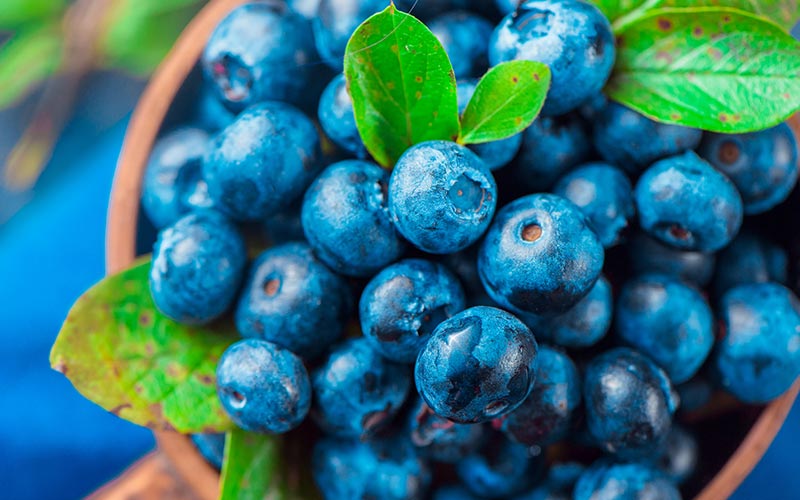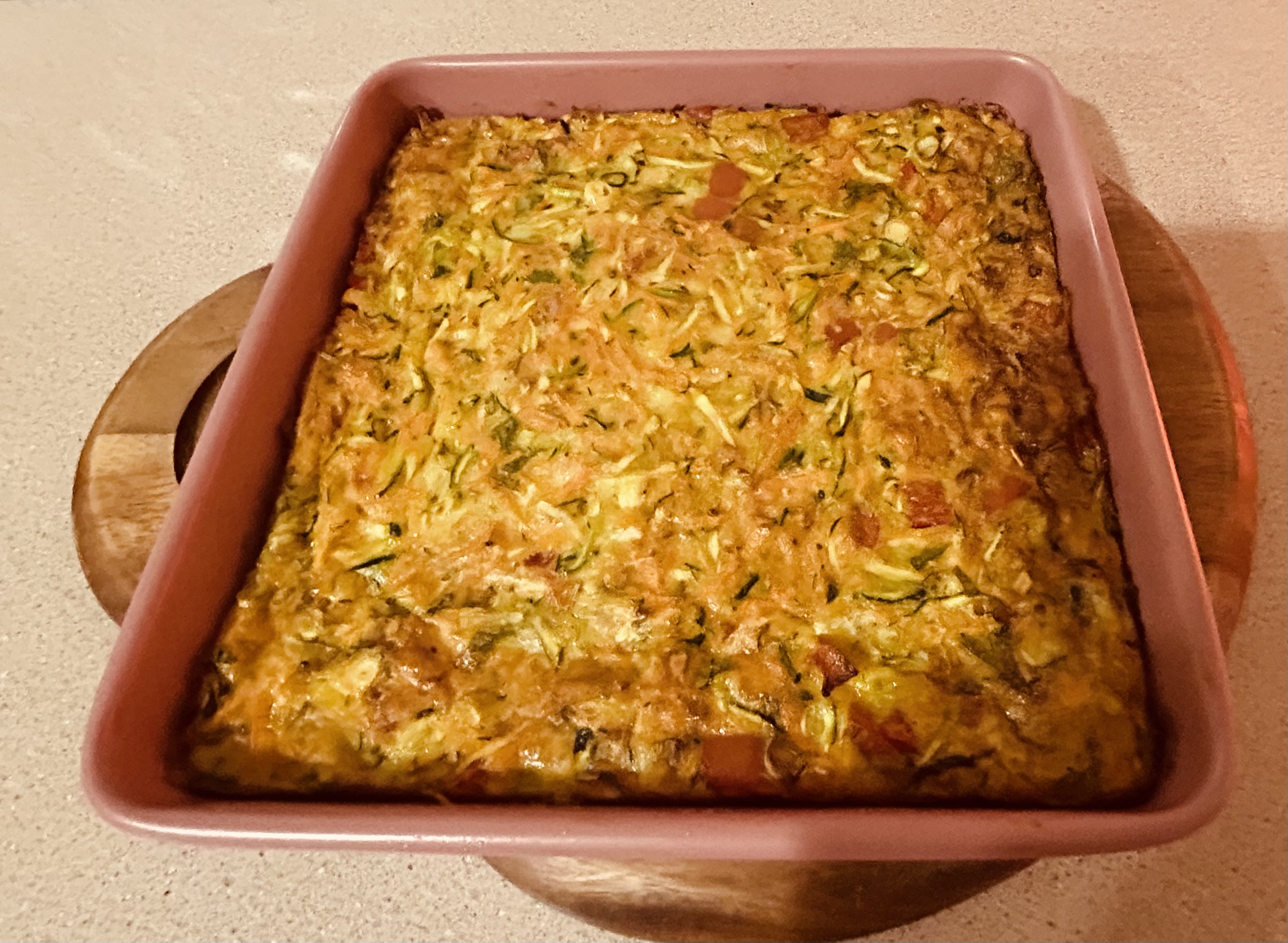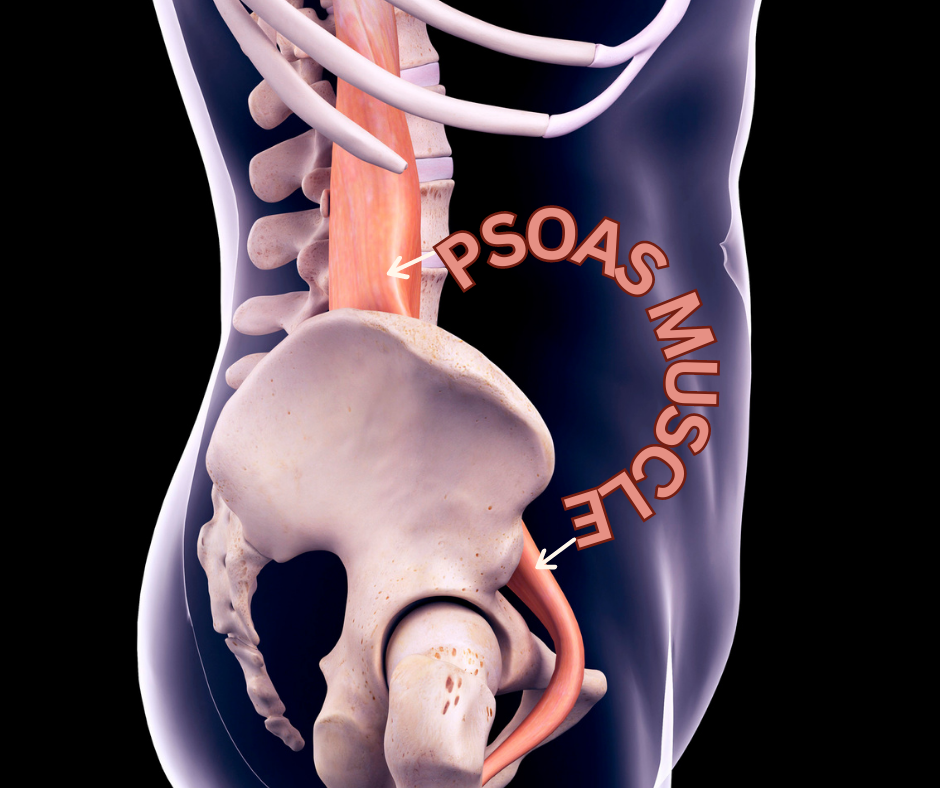The interdependence of the digestive system and nutrients are very important for example some nutritional deficiencies reduce the efficiency of the digestive System. Efficiency of the digestive system reduced, so too is the intake of nutrients.
The oral cavity is the first part of the digestive system, it is important that we chew our food sufficiently as this increases the surface area of the food for digestion. In turn this improves the efficiency of digestion.

Further along the digestive system there are many different types of problems, which interfere with proper digestion:
- Inherited disorders( Lactose intolerance)
- Gallbladder disease
- Liver disease
- Infection
- Inflammation
- Pancreatic disease
- Ulcers
- Diarrhea
- Constipation

The mucosa lining the gastrointestinal tract is living tissue, which is the site of secretion of enzymes needed for digestion, and mucus needed to protect the tract. Any disruption of the mucosa reduces the efficiency of operation of these cells. When this happens the supply of nutrients from the gut lumen to the tissues is jeopardized.
Infection and inflammation are two of the most common disorders, which alter the properties of the mucosal cells. For example Gastritis, diverticular disease, and crohn’s disease all interfere with the efficiency of the mucosa
Diarrhea.
Long-term diarrhea can reduce significantly the availability of nutrients to the tissues. The rapid transit time for food through the digestive system does not allow for its adequate digestion and absorption.
Constipation
Reducing the flow of matter through the gastrointestinal tract also interferes with normal digestion and absorption of nutrients. It also may increase the time during which possibly harmful agents may attack the mucosa.
In summary you can see the importance of a healthy digestive system and bowel. A diet, which includes high Protein low carbohydrates, moderate fat and high fibre has to be the best form of preventative medicine for the digestive system in the long term.
Diet
- 5 small meals a day instead of 3 big meals
- Each meal should have protein in it, (about the size of what you can fit in the palm of your hand)
- The remainder of the meal should be Carbohydrates that consist of salad, vegetable and fruit.
- Make sure you get a little fat in there for example olives, avocado, nuts, olive oil, hommous and tahini are some of the good fats our body needs.
- Make sure we are drinking our 3 litres of water daily. Don’t drink about 20 Min’s either way of eating.
Foods and drinks to say NO to:
- cakes,
- confectionery,
- soft drink,
- cordial,
- pasta,
- rice,
- noodles,
- cereals,
- bread,
- potato, and
- fast food.
Foods and drinks to have in moderation:
- Corn,
- peas,
- pumpkin,
- dairy,
- alcohol.
Herbs and vegetable that our beneficial to the digestive system
- Aloe Vera (crohn’s disease, reflux and colitis)
- Fennel (Irritable Bowel, indigestion and colic)
- Ginger (Irritable Bowel and indigestion)
- Green tea (Crohn’s)
- Liquorice root (Gastritis, Crohn’s and indigestion.)
- Peppermint (Irritable Bowel and indigestion)
- Psyllium (Diverticular disease, constipation and irritable bowel.)
- Red Raspberry (Diarrhea)
- Slippery Elm (Crohn’s, gastritis, reflux and heartburn)
- Turmeric (Ingestion)
- Yellow Dock (poor digestion)
Preparations to take for digestion
- Supergreens
- Aloe juice
- Digestive enzymes (Amylase, protease, lipase, bromelain, and pepsin)
- Good bacteria for gut (Lactobacillus Acidophilus and Bifidus.









